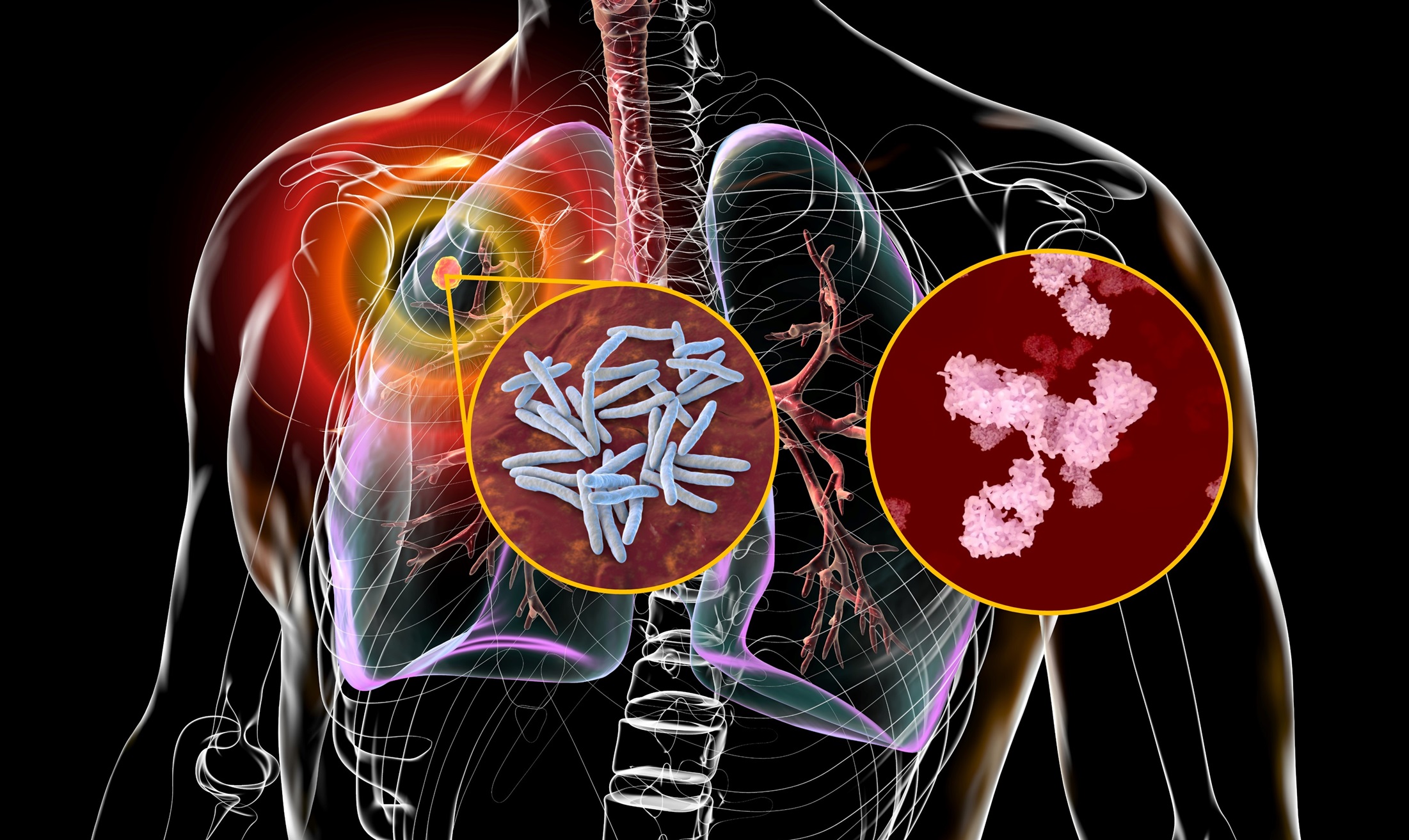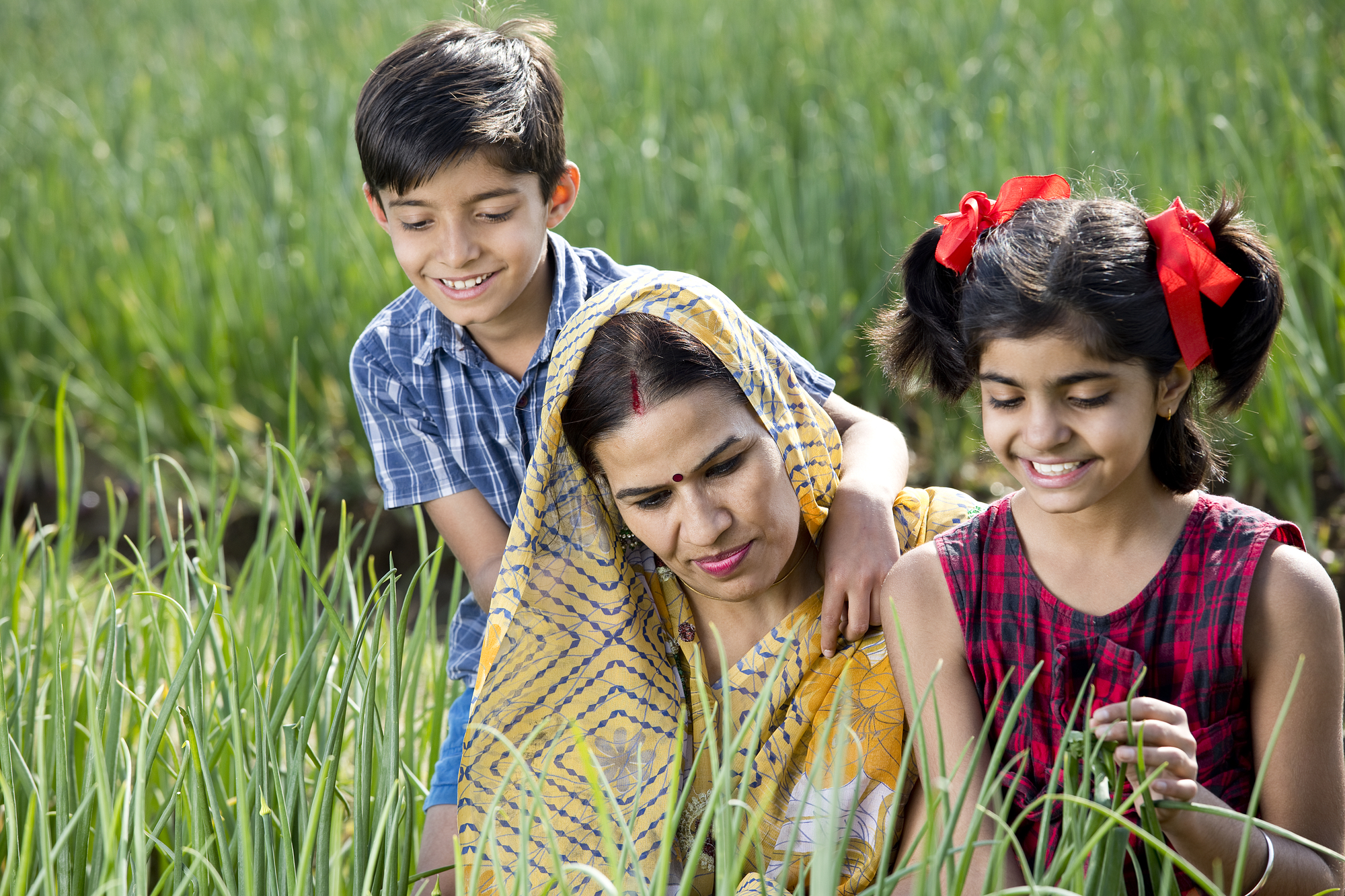Immigration, Epidemic Mortality and Demographic Recovery | Dr Pierre Galanaud
Original Article Reference
This SciPod is a summary of the paper ‘Mortality and demographic recovery in early post-black death epidemics: Role of recent emigrants in medieval Dijon’, published in the open access journal PLOS One (https://doi.org/10.1371/journal.pone.0226420) and the letter ‘Recent immigrants at increased pandemic risk’ published under open access in the journal Science (https://www.science.org/doi/10.1126/science.abd1098).
About this episode
Dr Pierre Galanaud, an immunologist from Paris-Saclay University and Inserm UMR 996, analysed historical tax records to investigate the impact of epidemics on recent emigrants who experienced the 15th century plagues in Dijon, France. His research highlights the vulnerability of emigrants with low economic status to epidemic-related mortality. More broadly, his work demonstrates the important role that migrants play in population growth and demographic recovery after an epidemic has taken place. These findings are of particular relevance given the current COVID-19 pandemic.
This work is licensed under a Creative Commons Attribution 4.0 International License. 
What does this mean?
Share: You can copy and redistribute the material in any medium or format
Adapt: You can change, and build upon the material for any purpose, even commercially.
Credit: You must give appropriate credit, provide a link to the license, and indicate if changes were made.
More episodes
Professor Lobelia Samavati | Paving the Way for Antibody-based Diagnostics for Tuberculosis and Sarcoidosis
Tuberculosis – or TB – is a global health threat, with 10 million new cases annually. Diagnosing TB can be a challenge, as there is a lack of rapid, point-of-care diagnostic tests. It can also be difficult to distinguish between TB and other inflammatory diseases, such as Sarcoidosis. One option may be to identify antibodies in patient samples that can reveal the presence of TB. However, current antibody tests for TB lack accuracy. Professor Lobelia Samavati and colleagues at the Wanye State University School of Medicine in Michigan are tackling this challenge to cast light on the immune signature of these diseases. Their aim is to develop new diagnostic techniques for TB and Sarcoidosis.
Professor Uma Lele | Exploring How India Can Ensure Sustainable Growth and Resilience with Broad Participation into the Future
India has seen impressive economic and institutional growth in recent years, but the country isn’t yet meeting its full potential. In a world that is increasingly volatile and uncertain, how can India overcome its challenges and ensure resilience into the future? In her recent work, Professor Uma Lele explores various ways that India can achieve this.
Professor Ann Nevile | What Evidence Do Policymakers Need to Make Robust Decisions?
Policy decisions are influenced by many factors, from the ideology of the policymaker and their advisors to political expediency. Most would also agree that key political decisions should be evidence-based. However, this is easier said than done. Understanding what evidence policymakers need, and how they should evaluate this, is key for more robust decision-making.
Dr Abayomi Sanusi | Can Faith Institutions Encourage People to Maintain Healthy Blood Pressure?
High blood pressure, also known as hypertension, is a common and potentially dangerous condition that increases the risk of many severe medical issues, including heart disease, heart attack, stroke, heart failure, and kidney disease. Dr Abayomi Sanusi, a researcher at the University of York, recently carried out a study exploring how faith-based institutions could encourage their community members to adopt healthy behaviours that can reduce hypertension.
Increase the impact of your research
• Good science communication helps people make informed decisions and motivates them to take appropriate and affirmative action.
• Good science communication encourages everyday people to be scientifically literate so that they can analyse the integrity and legitimacy of information.
• Good science communication encourages people into STEM-related fields of study and employment.
• Good public science communication fosters a community around research that includes both members of the public, policymakers and scientists.
• In a recent survey, 75% of people suggested they would prefer to listen to an interesting story than read it.

Step 1 Upload your science paper
Step 2 SciPod script written
Step 3 Voice audio recorded
Step 4 SciPod published




